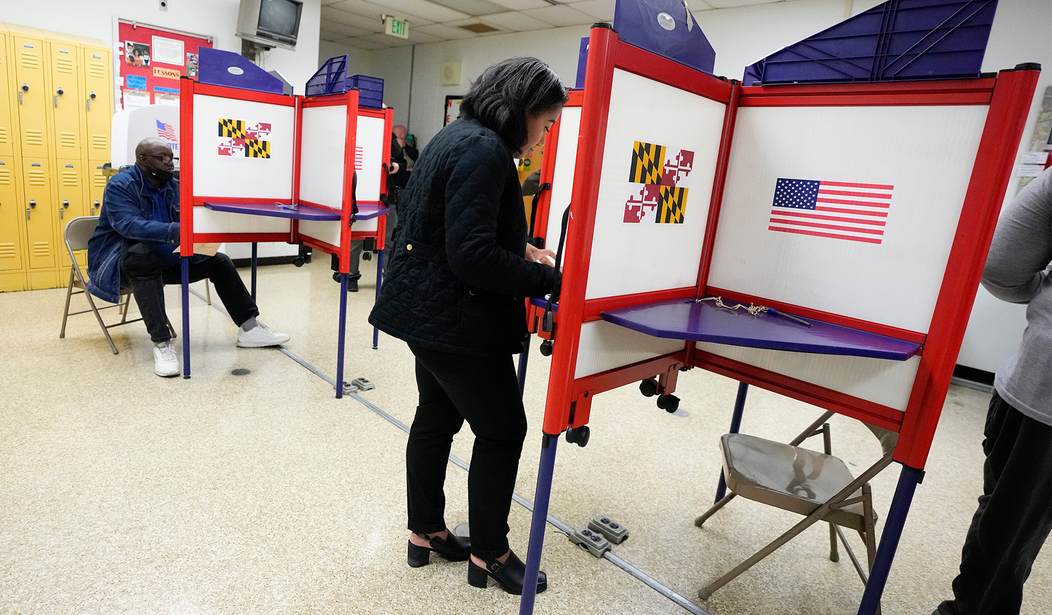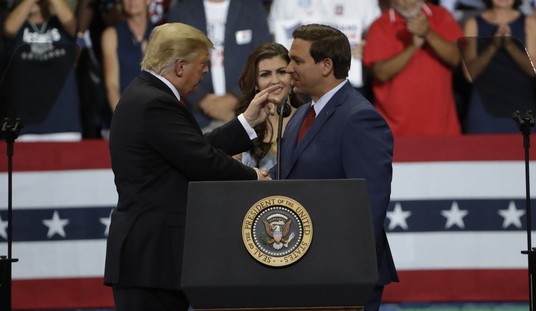The annual conference of the National Association of Secretaries of State is underway in Washington this week. Much of the agenda deals with next year’s elections and how they will be handled. Concerns are being raised about the impact of Artificial Intelligence on social media platforms, along with shortages of experienced election officials in many areas. But continuing a disturbing trend we’ve been seeing far too much of lately, much of the focus is on so-called “misinformation” and “disinformation” on social media related to the election. The approach being taken by the different secretaries of state was wholly predictable. Blue-state Democrats are pushing for more censorship while red-state Republicans argue for fighting actual disinformation with facts. (Associated Press)
Efforts to deceive the public about voting and elections remain a top concern for state election officials as they dig into preparations for the 2024 election.
Misinformation and the emergence of generative artificial intelligence tools to create false and misleading content were cited in interviews with several secretaries of state gathered recently for their national conference. Other top concerns were staffing and the loss of experienced leaders overseeing elections at the local level. The officials were gathered in Washington, D.C., for the annual summer conference of the National Association of Secretaries of State.
“The cliché here is true,” said Minnesota Secretary of State Steve Simon, a Democrat. “You hope for the best, but plan for the worst. So, we’re planning for the worst, which is that multiple communications channels will be filled with false and misleading information.”
Some of the concerns being raised sound valid, particularly the worries over AI-generated “deepfakes.” It’s getting to the point where nearly anyone can produce a fairly credible video of public officials saying or doing things they never said or did. And yes, that’s worrisome. But simply taking them all down runs the risk of infringing on the rights of satirists who may be using the technology for purposes of humor and political commentary.
Arizona Secretary of State Adrian Fontes said she plans to ignore the recent court order forbidding the government from working with social media platforms to censor people. She said the ruling doesn’t apply to the states (which is true). She then cited hypothetical examples of “dangerous” social media posts, such as ones that declare an incorrect date for elections or false voting locations. But what if the person posting such things is simply misinformed and incorrect instead of acting in an intentional, malicious fashion? Also, don’t voters bear some responsibility to find legitimate voting information rather than just accepting claims from some rando on Twitter?
Ohio’s GOP Secretary of State took the opposite approach. He pointed to examples where his staff has worked to add “false information” labels to posts, as you’re allowed to do on Twitter, and then notified the media so they can make the public aware of bad information floating around. And West Virginia’s delegate addressed the real elephant in the room, pointing out that sometimes it’s the government spreading the false information. Hunter Biden’s laptop was only one of many legitimate examples he cited.
This debate is very telling. In the end, the default in such decisions should almost always lean toward freedom of speech. Yes, social media posts containing things like child pornography or credible threats of physical violence should be removed and the accounts should be suspended. But beyond that, people have to have the right to express their own opinions and share what they feel is relevant information, even if they turn out to be wrong. And social media is depressing enough most days without turning it into a cheerless wasteland where things like satire and sarcasm are banned.
And yet the Democrats at this conference almost all doubled down on the idea of censorship in the name of fighting “misinformation.” That’s only going to work for them as long as they’re the ones being empowered to define what is or is not misinformation. They wouldn’t like it if the shoe was on the other foot. But we’ll keep fighting here to combat censorship and promote useful information and analysis. If you’d like to get even more of this type of content and join the virtual battle, please consider signing up for one of our VIP programs. And be sure to use the promo code “SAVEAMERICA” to save some cash when registering.








Join the conversation as a VIP Member